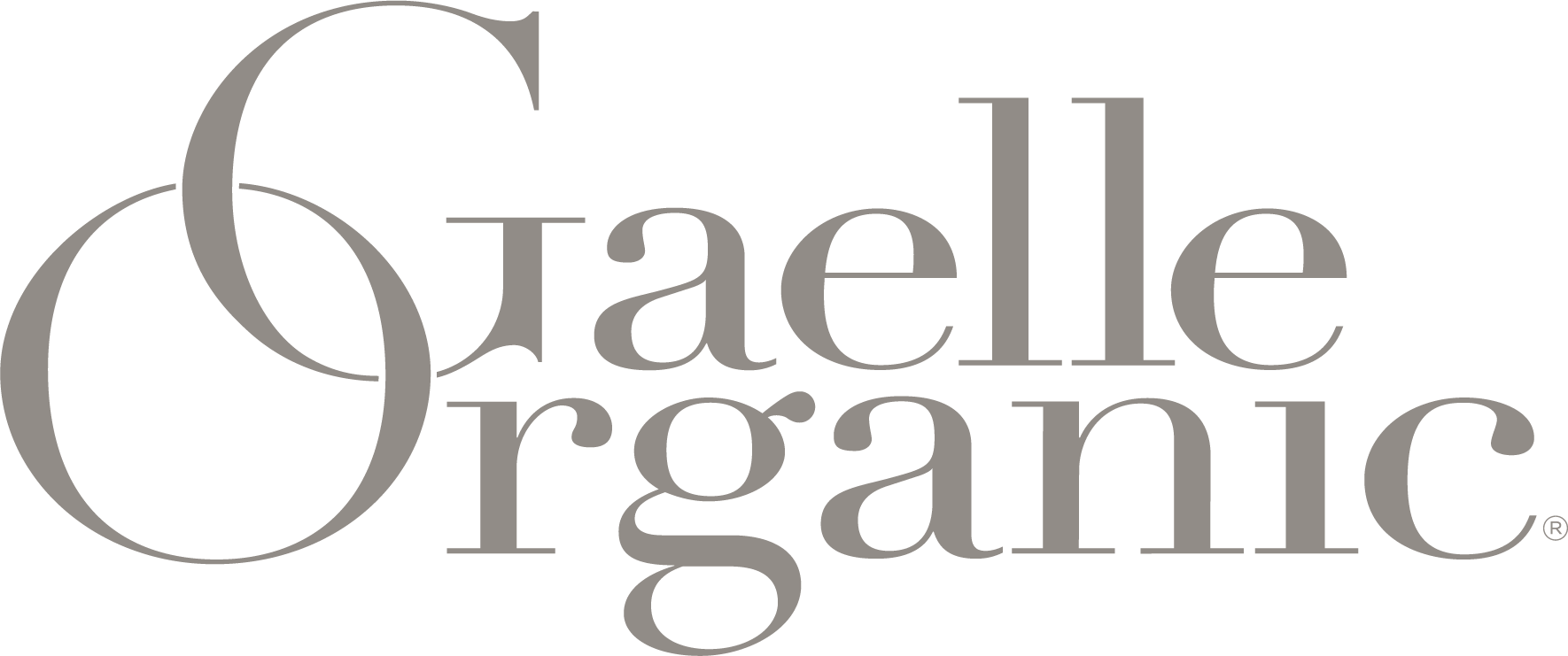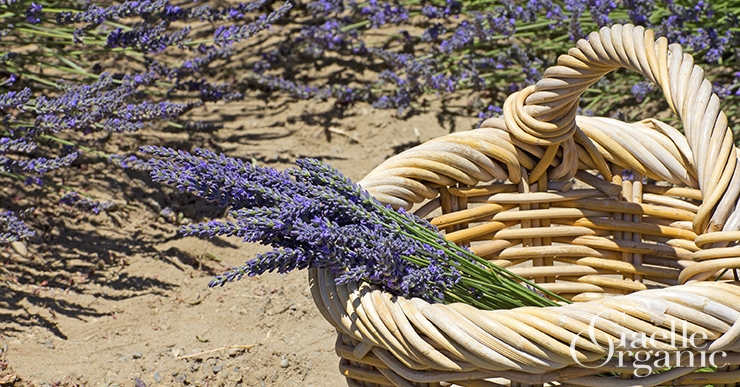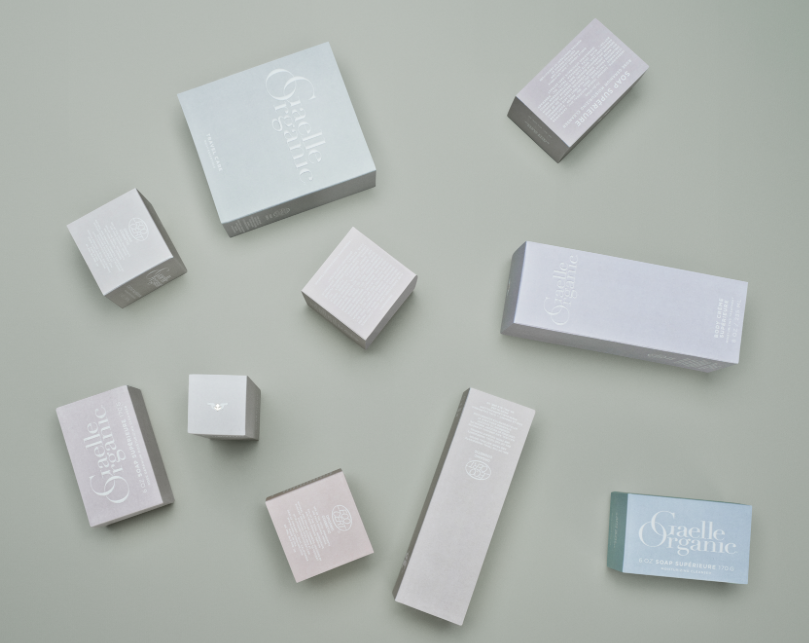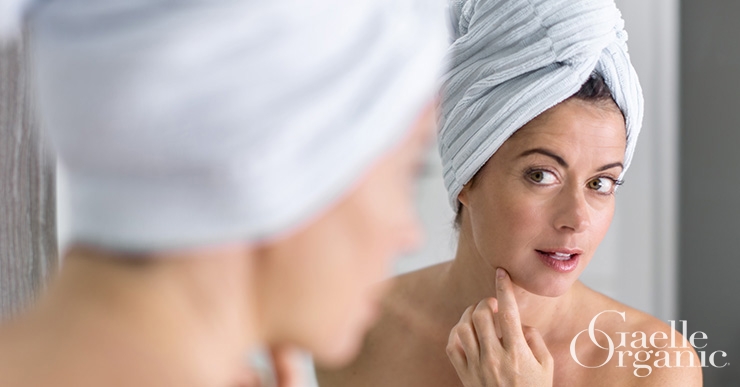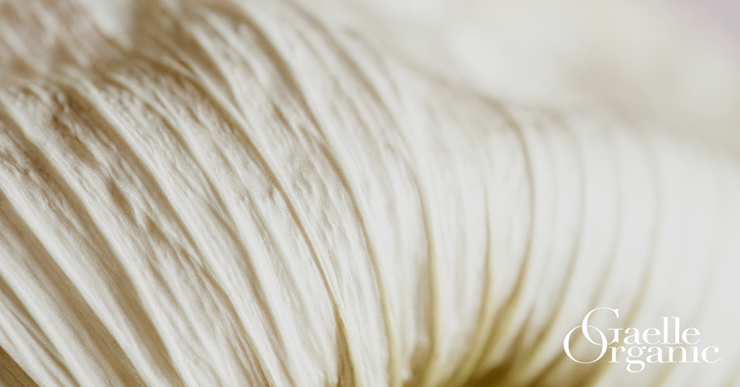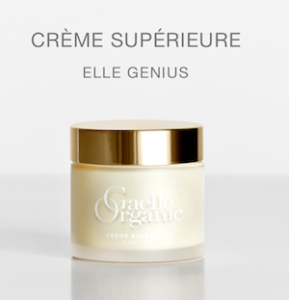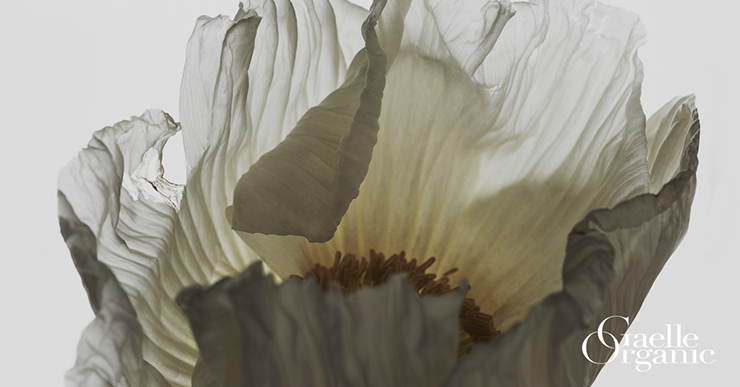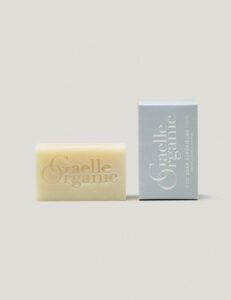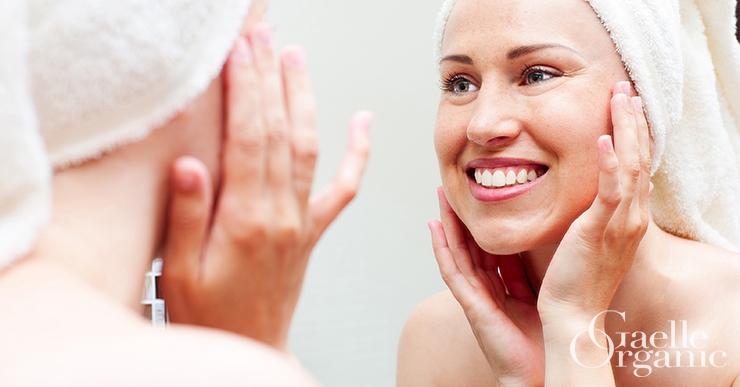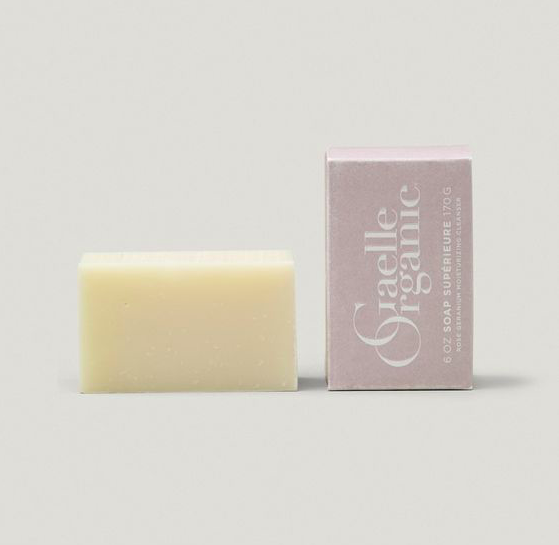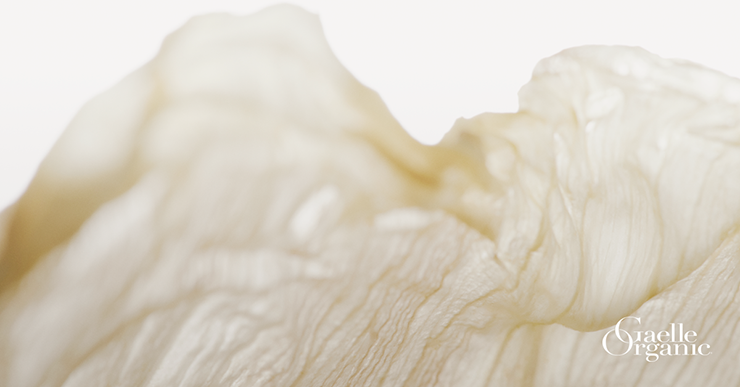Two gentle soaps made with organic oils and white clay for the perfect every day cleanse.
Soap Supérieure
A soothing cleanser for dry skin that leaves skin soft and moist. With purifying white clay and notes of citrus and lavender to refresh and raise the spirits. A luxurious treat for the entire body, Soap Supérieure is a nurturing cleanser for dry skin.
Soap Supérieure Rose Geranium
A soothing cleanser for dry sensitive skin that leaves skin soft and moist. With purifying white clay and rosy sweetness to delight the senses and calm the mind. A luxurious treat for the entire body, Soap Supérieure Rose Geranium is a perfect cleanser for dry and sensitive skin.
